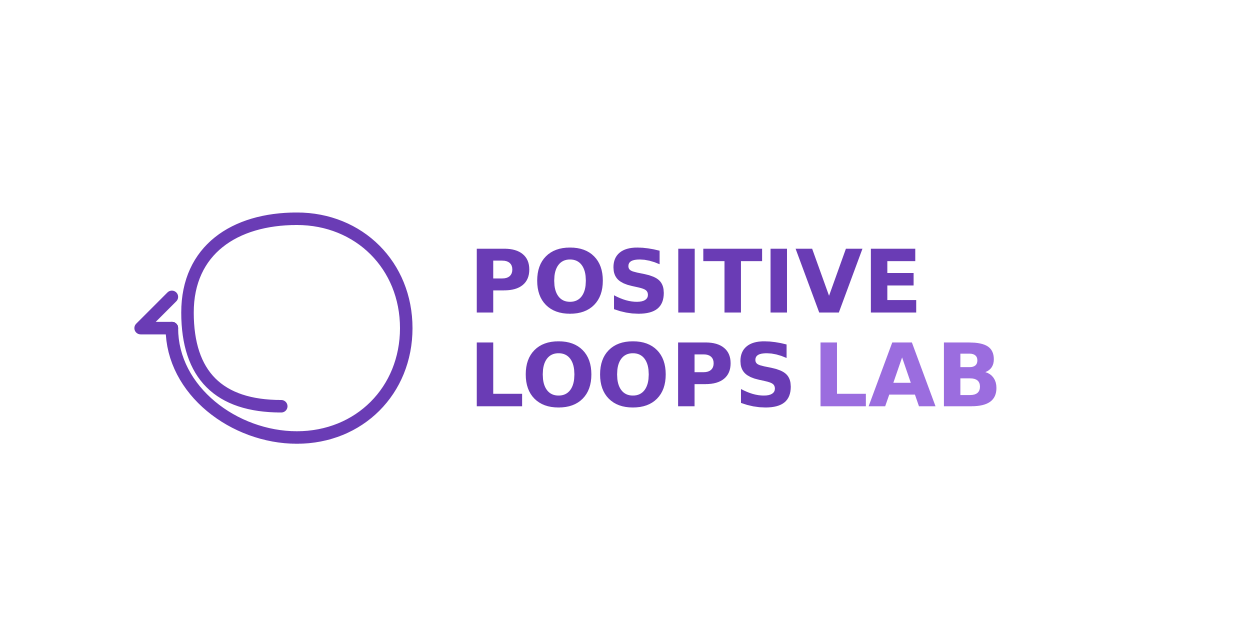This is the introduction to a six-part series examining how traditional financial reporting standards can transform social outcomes reporting in financial inclusion. Each article explores one qualitative characteristic from financial reporting and provides practical guidance for applying it to social impact measurement.
The Social Outcomes Reporting Problem
The financial inclusion industry has a social outcomes reporting problem.
The Standards that have been widely adopted talk about integrating social and financial performance, but there has been little progress on organisational ability to integrate social outcomes into operations.
So, organisations and their stakeholders often default to making decisions based on financial data. It is easier to measure, report, and has well established principles and practices. Social Outcomes are more challenging to understand, and vary based on individual organisational goals and theories of change. The result is often reporting that consists of cherry-picked stories, survey data and convenient metrics. Fluff.
The disconnect is preventing meaningful decision making.
Perhaps the solution to building systems for credible social outcomes measurement and reporting might just be hiding in plain sight.
The Standards for Financial Reporting.
Learning from Financial Standards
Financial data has universal trust because it follows established standards. Accounting frameworks usually include qualitative characteristics that ensure information is useful for decision making:
Fundamental Characteristics:
Relevance
Information that makes a difference to decisions
Faithful Representation
Complete, neutral, and free from error
Enhancing Characteristics:
Comparability
Enables meaningful comparison
Verifiability
Different observers reach consensus
Timeliness
Available when needed for decisions
Understandability
Clear and accessible information
These standards have evolved over time through rigorous testing, refinement, and industry collaboration. They work because they ensure that financial information serves its core purpose: helping stakeholders make informed decisions.
Social impact reporting deserves the same rigour.
The Current State of Social Outcomes Reporting
The approach to social impact in financial inclusion is broken and disconnected.
Most institutions collect social data through periodic surveys conducted by external consultants or dedicated teams separate from day to day operations. By the time results are analysed and reports compiled, the information is months (sometimes years) old. Far too late to inform timely decisions. Financial data might be updated daily, but social data lags quarters behind.
Financial metrics drive decisions while social outcomes become an afterthought.
Applying Financial Standards to Social Outcomes
What if we applied the same qualitative characteristics that govern financial reporting to social impact data?
Relevance
Social metrics connected directly to an organisation's theory of change, influencing actual decisions. Going beyond vanity metrics like "number of clients served" to meaningful outcomes that matter to stakeholders.
Faithful Representation
Social reports presenting economic and social data for all clients, with reduced error. This requires transparency about both positive and negative outcomes, and clear documentation of methodologies.
Comparability
Standardised social metrics that enable meaningful comparison over time. This doesn't mean one size fits all metrics or approaches, but the adoption of frameworks that facilitate benchmarking, while acknowledging unique contexts.
Verifiability
Different stakeholders should be able to see that information faithfully represents what it claims. This requires transparent methodologies, clear data collection protocols, and increasingly, third party verification of impact claims.
Timeliness
Social impact information must be available when needed, for decision making. Organisations should implement real time data dashboards.
Understandability
Reports should be clear and concise, avoiding jargon and technical language. Visual representations, consistent formatting, and appropriate context help diverse stakeholders interpret outcomes data.
The Right Technology Is Required
For financial inclusion organisations to implement these standards, the right technology is non negotiable.
A cloud-based core banking system serves as the foundation, enabling real time data collection, integration of financial and social metrics, and automated reporting. Digital data collection tools, secure APIs, and visualisation capabilities complete the essential foundational tech stack.
The truth is that until recently, the technology simply wasn't available for financial inclusion institutions to effectively implement these standards.
This is no longer the case.
The Path Forward
Adopting financial reporting standards for social outcomes requires investment in systems, skills, and organisational culture. But the result can be transformative: real-time, reliable data that connects financial performance with social outcomes, enabling truly mission aligned decision making.
For many stakeholders, this represents an opportunity to evolve from historical reporters to strategic advisors. Data can be used to guide resource allocation toward improving impact. For boards, it provides the oversight capabilities that have been lacking. For investors, it offers credible evidence to inform capital deployment.
Most importantly, for clients, it ensures that decisions are made across the industry that are genuinely guided by their needs and outcomes.
Technology offers us the opportunity to reimagine how we measure and manage social impact. By embedding financial reporting standards into our approach to social outcomes, we can credibly demonstrate social outcomes.

